The world of Forex trading is incredibly dynamic and complex. It offers traders a unique way to make money, and has the potential to be incredibly lucrative. But it also comes with a lot of risks, so you need to understand the basics of Forex trading before you can make the most of it. In this article, we'll discuss the many benefits of Forex trading, and how you can get started. One of the main advantages of Forex trading is that it offers traders a 24-hour market.
This means that traders can buy and sell currencies at any time, no matter what time zone they're in. This makes it possible for traders to take advantage of different economic conditions around the world, as well as capitalize on overnight news and events. It also helps traders take advantage of currency fluctuations when they are asleep. Another benefit of Forex trading is that it offers traders access to an incredibly liquid market. This means that there are always buyers and sellers available, so traders can easily enter or exit positions without worrying about liquidity.
This makes it possible for traders to make quick profits on small price movements, without having to wait for big moves to occur. The first benefit of trading forex is the amount of leverage available. Leverage allows traders to control a larger position size with a smaller amount of money. For instance, if an investor has $1,000 in their account and they want to take a position in a currency pair, they can use leverage to control a much larger position. This can be beneficial for traders who are trying to maximize their returns while minimizing their risk. Another benefit of trading forex is the liquidity available.
Liquidity refers to how quickly a trader can enter or exit a position. Since there are so many participants in the forex market, it's easy to enter and exit positions without too much difficulty. This makes it ideal for day traders who need to make quick trades. Additionally, forex trading offers higher levels of volatility than other markets.
This means that there is the potential for larger profits in shorter time frames. However, this also means that there is more risk involved as well. Finally, one of the biggest benefits of trading forex is the availability of different strategies. Traders can use technical analysis, fundamental analysis, or even a combination of both to develop their trading strategies. This allows traders to tailor their strategies to fit their individual goals and risk tolerance.
By leveraging different strategies, traders can increase their chances of success while mitigating risk.
Leverage
The first benefit of trading forex is the amount of leverage available. This is beneficial because it allows traders to take advantage of larger market movements without having to commit a large amount of capital. Leverage can also increase potential profits, but it can also increase potential losses, so it's important to use it responsibly. Leverage is often expressed as a ratio, such as 50:1, meaning that traders can control up to 50 times more than the amount they have in their account. It's important to understand that while leverage can increase potential returns, it also carries a greater level of risk.Leverage magnifies both gains and losses, so it's important to be aware of how much leverage you're using and the risks associated with it. Additionally, forex brokers may set limits on how much leverage you can use in your trading.
Volatility
Forex trading offers higher levels of volatility than other markets. The increased volatility of the forex market can be beneficial for traders who are looking for quick profits, as they can capitalize on sudden market moves. The volatility of the forex market is also beneficial for those who want to diversify their portfolios.By investing in the forex market, investors can benefit from movements in different currencies and take advantage of potential opportunities in different countries. The high levels of volatility, however, also come with increased risk. Traders need to ensure they have sufficient capital to cover any potential losses and employ risk management strategies to protect their investments. Overall, the benefits of forex trading include the potential for higher profits in shorter time frames, diversification opportunities, and access to a wide range of currencies.
However, it is important to remember that these benefits come with an increased level of risk.
Trading Strategies
Finally, one of the biggest benefits of trading forex is the availability of different strategies. Technical analysis involves the use of charting tools to identify patterns and support and resistance levels. Fundamental analysis, on the other hand, focuses on economic factors like interest rates, inflation, and political stability. By combining both approaches, traders can develop an effective trading strategy that can help them capitalize on price movements. For example, a trader may use technical analysis to identify a trend in a currency pair and then use fundamental analysis to assess the underlying economic factors that could be driving that trend.By using both approaches, traders can develop a more comprehensive understanding of the markets and make better-informed trading decisions. In addition, traders can also use automated systems such as expert advisors to execute their trading strategies. These systems are designed to make trades based on predefined rules and algorithms. This allows traders to save time and effort when it comes to managing their positions.
Liquidity
Another benefit of trading forex is the liquidity available. Forex markets have the highest liquidity of any asset class, which means that traders can enter and exit a position quickly and easily.This provides traders with flexibility as they can enter and exit trades at any time and can take advantage of price movements as they occur. Furthermore, the large volume of trades that occur in the forex market helps ensure that prices remain stable and don't experience large swings. The liquidity of forex markets makes it possible for traders to leverage their positions. Leverage allows traders to increase their potential returns by trading larger amounts than what they have in their account. For example, if a trader has $10,000 in their account and is using 50:1 leverage, they can trade up to $500,000 worth of currency.
This allows traders to potentially make larger profits than what they could with just the money in their account. The high liquidity of the forex markets also ensures that trades are executed quickly and at the best prices available. This helps to minimize slippage, which is when a trader's order is filled at a different price than expected due to market volatility. Slippage can significantly reduce potential profits and can be avoided in the forex market due to its liquidity. The many benefits of forex trading make it an attractive option for investors looking to maximize their returns while minimizing their risk. Leverage, liquidity, volatility, and trading strategies provide traders with a wide range of options for capitalizing on global market movements.
With the right knowledge and strategy, forex trading can be an effective way to diversify your portfolio and generate significant returns.
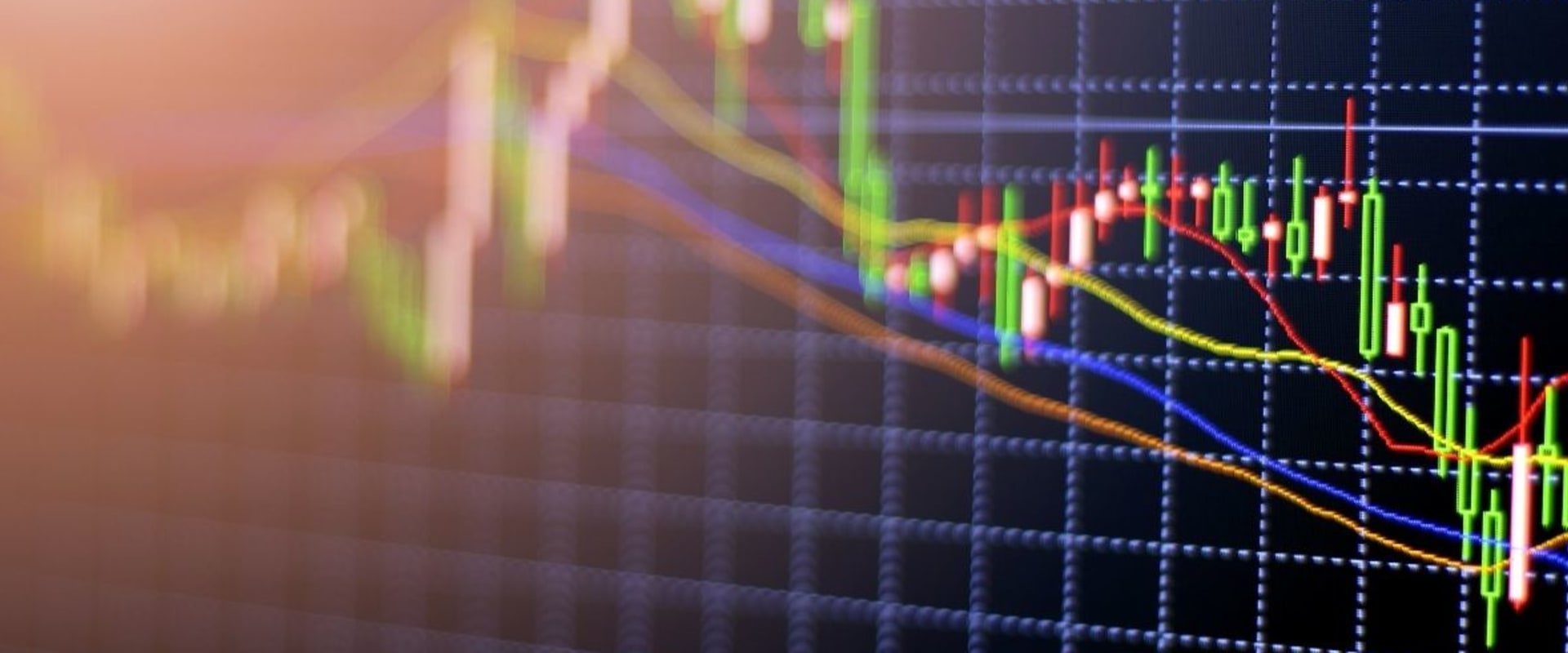
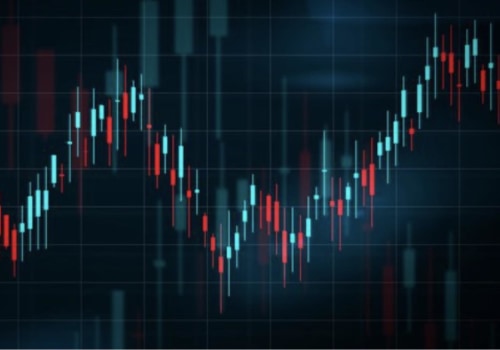

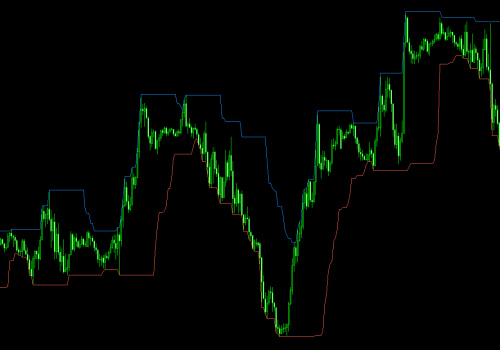
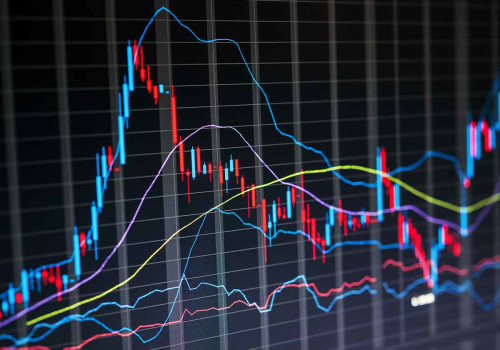

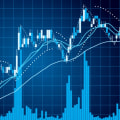

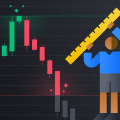



Leave Reply